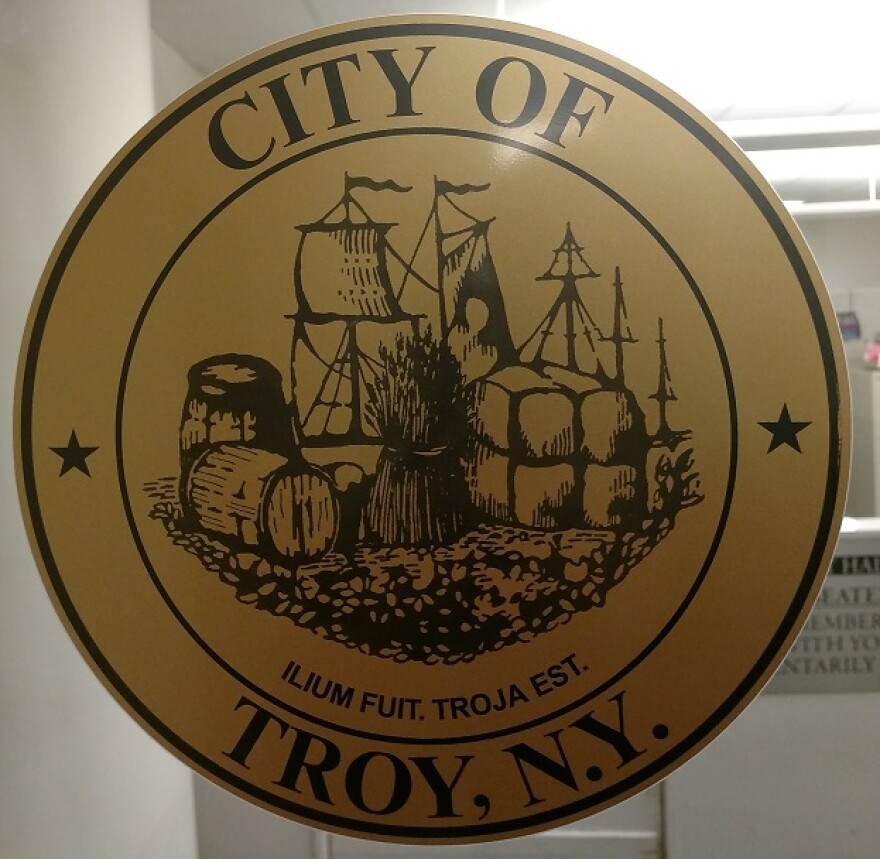When we talk about energy alternatives, wind and solar power usually come to mind. But there's also geothermal power, energy that comes from heat that is continuously produced deep within the earth. It is used to heat buildings and generate electricity. Two upstate cities have geothermal energy development on their radar.
Municipalities across the United States, including the city of Troy, have eyes on Tompkins County: Ithaca's 2021 commitment to become 100% decarbonized could become a model for others to follow. Its decarbonization plan calls for roughly 6,000 homes and buildings to be electrified to meet the goals established by Ithaca's Green New Deal plan to address climate change, economic inequality, and racial injustice.
The city is in tune with the climate leadership and community Protection Act that became law in 2019, which mandates emissions in New York must be reduced 85% by 2050.
Essentially, all of Ithaca’s buildings will be evaluated and reconstructed to no longer rely on fossil fuel-based systems for heating, cooling, and electric appliances, which are all big drivers of energy use.
Geothermal energy is a component of Ithaca's plan. Officials recently gathered in Troy to consider how Ithaca is moving toward its goal to become the first city in the country to go "net zero."
Troy's Economic Development Director Dylan Turek caught wind of the project and thought the Collar City would be just the right size for a similar initiative, with infrastructure that has reached the age where a replacement project would be welcomed, beginning with downtown.
“Riverfront Park is a large park, that was supposed to be done in two phases, the first phase was done," Turek said. "And then there was a parking lot put over the area that was gonna be a second phase. So if you can imagine, it's the second phase [that] still has to happen, which gives us an opportunity then to put geothermal wells underneath the ground there. And to access that resource as a way to basically create a loop, a first loop for the downtown area that would potentially provide I think, 26 businesses, and over 280 residents with geothermal heating and cooling.”
Turek says the New York State Energy Research & Development has been helping Troy navigate the process, and the design phase of the project has already begun.
“And that's going to include the Taylor apartments, for instance, which is a large, mixed income mixed development project that we're also sort of doing out of our office as well, then it will also include potentially at the Russell Sage College, which is a great if you think about it a great use for geothermal,” said Turek.
Meantime, Ithaca is determining the logistics of converting a variety of buildings, leveraging contractors and working with manufacturers. Sue Dougherty is Clean Heating and Cooling Project Manager at NYSERDA. She says New York's six million buildings may ultimately tap into networked thermal systems.
“Down in New York City, there's a steam system that supports millions of customers, and other examples are campuses around the state," said Dougherty. "And what we're thinking about and what We're evaluating our lower temperature systems. So the way we can reach scale is to start transitioning away from our natural gas pipelines and start using water as a thermal medium to exchange heat. So we can balance the loads among buildings.”
The challenge now is to get more people on board and source additional economic development funding. The World Economic Forum says private capital, innovative financing approaches and developing new ways of doing business together will help achieve a net-zero future.






